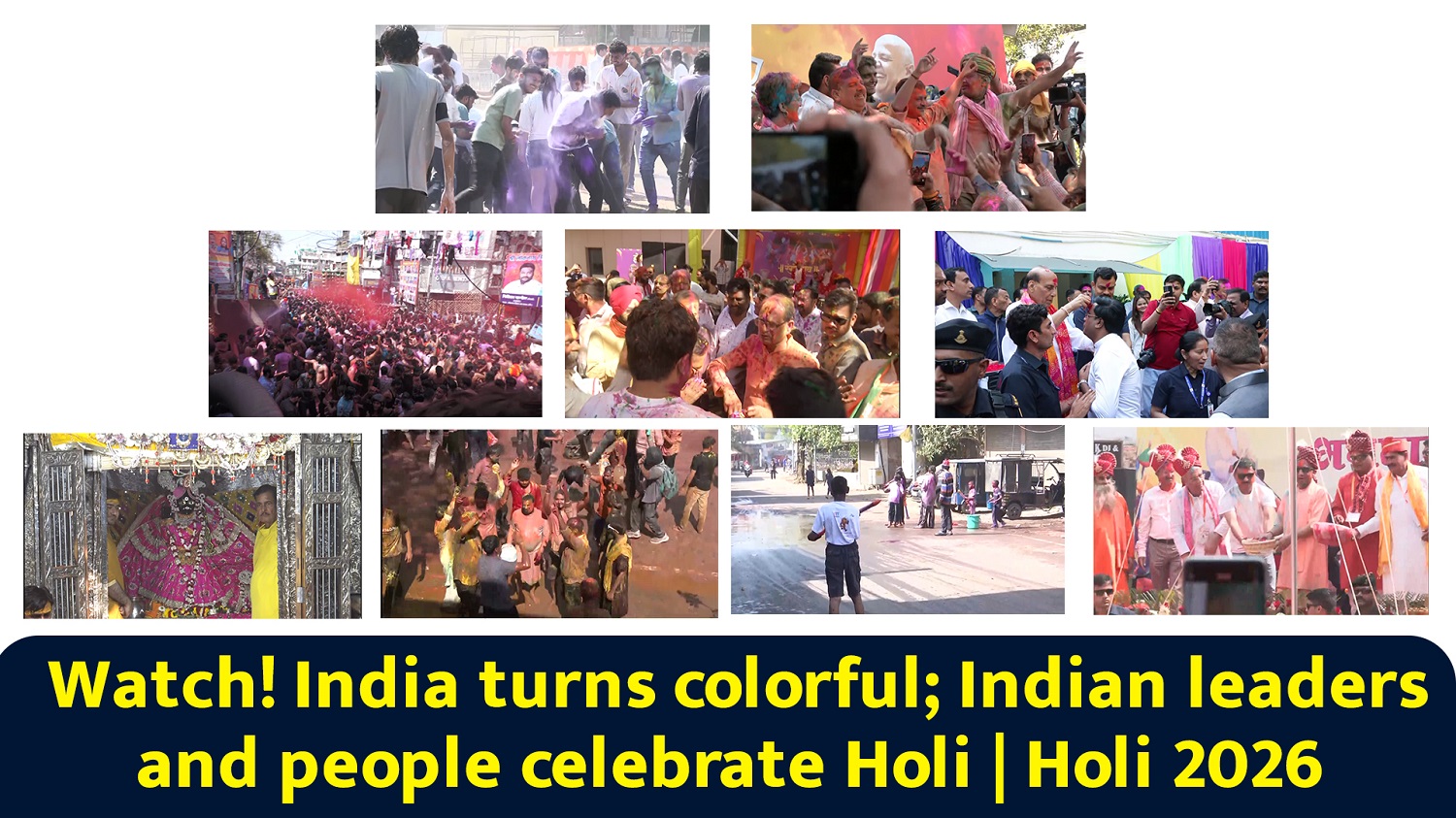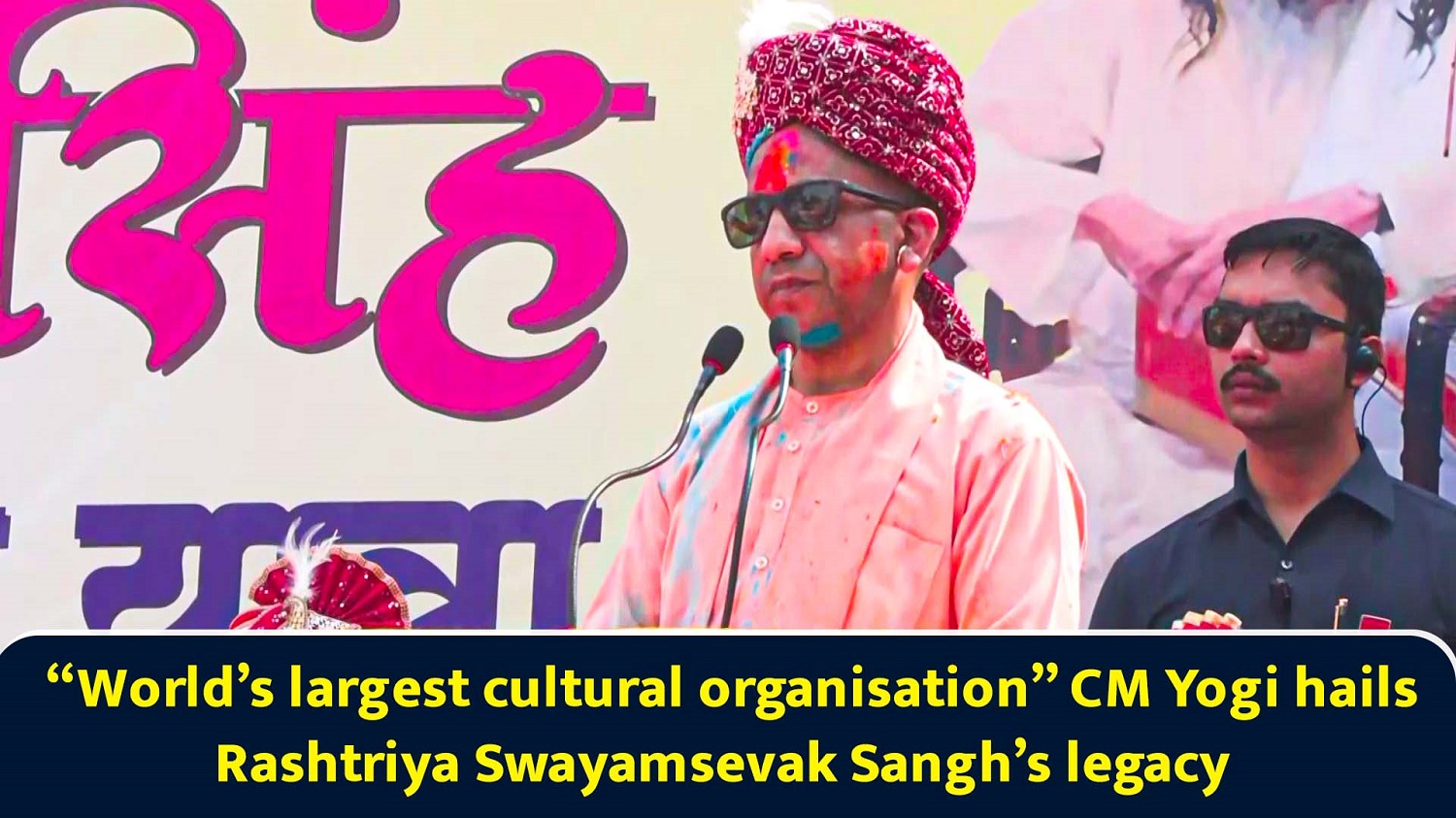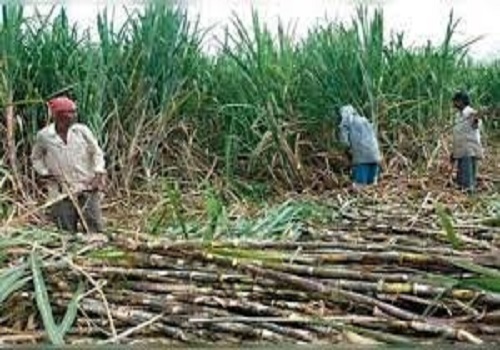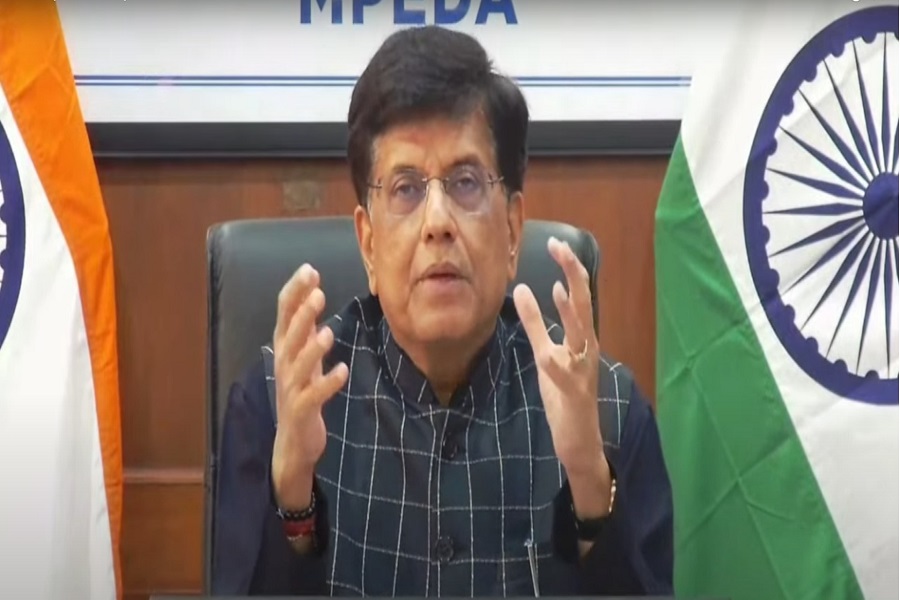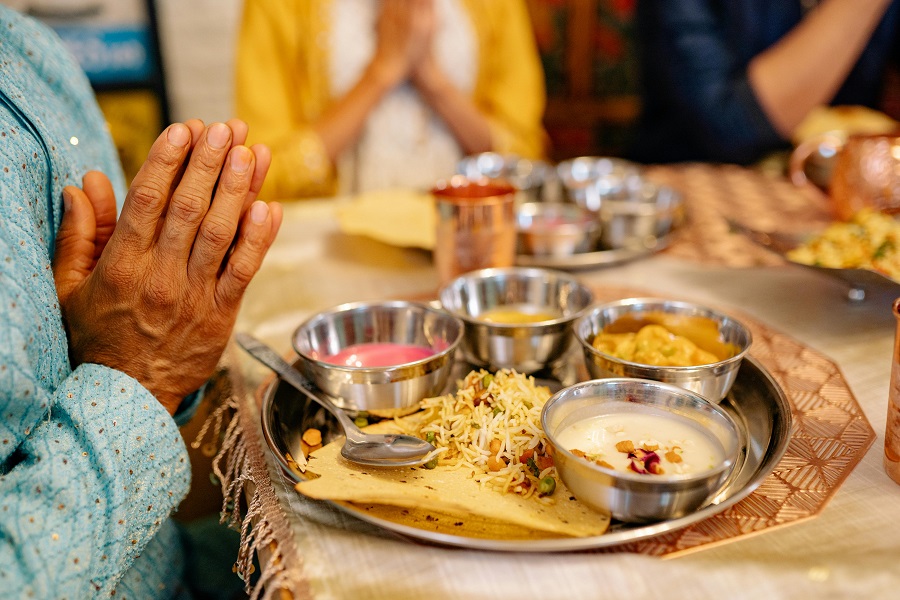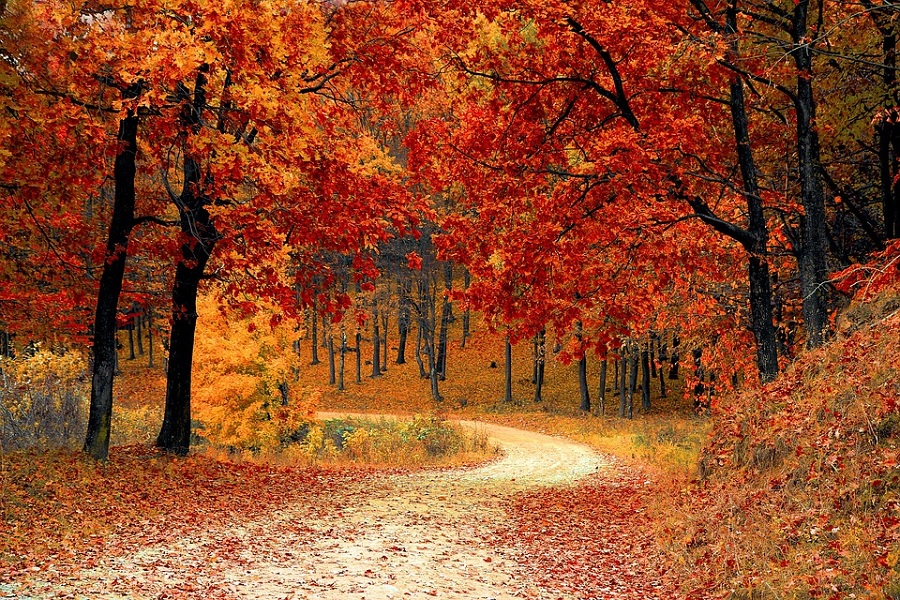Cultural Exploration with Harvest Festivals

Harvest festivals are a joyous celebration of abundance, culture, and tradition, held across various parts of the world. These festivals offer a unique opportunity to explore diverse cultures, as they highlight the significance of agriculture and community. Whether it’s a harvest of grains, fruits, or vegetables, these festivals are marked by gratitude for nature’s bounty and are deeply intertwined with local customs, beliefs, and history.
A Celebration of Tradition
In many cultures, harvest festivals are an integral part of the annual cycle, with each community gathering to celebrate the end of a successful agricultural season. The festivities often include rituals, prayers, dances, feasts, and performances that reflect the rich cultural heritage of the region.
For example, in India, Pongal is celebrated in the southern states as a way to honor the harvest. It involves cooking a special dish of rice and lentils, decorated with sugarcane, and offering thanks to the Sun God for the harvest. In Japan, O-bon is a time when families come together to honor the spirits of their ancestors, often accompanied by traditional dances and meals.
In the United States, the Thanksgiving holiday originated as a harvest celebration, where families gather to share a meal of turkey, stuffing, and pumpkin pie in gratitude for a bountiful harvest. Similarly, in many parts of Europe, Harvest Festivals are celebrated with a grand feast, singing, and dancing, emphasizing gratitude for the food that sustains them throughout the year.
Cultural Significance of Harvest Festivals
The cultural importance of harvest festivals cannot be overstated. These festivals not only celebrate agricultural achievements but also strengthen community bonds, fostering a sense of shared identity and belonging. They are a time to honor the land and the hard work of those who cultivate it, whether through farming or communal efforts.
In many cultures, harvest festivals mark a transition between seasons, symbolizing the abundance of the harvest and the preparation for the coming months. For instance, the Chinese Moon Festival, celebrated during the full moon in autumn, is a time for families to come together and enjoy mooncakes while giving thanks for the harvest and the upcoming winter.
Global Diversity in Celebrations
Each harvest festival offers a window into the distinct traditions and values of the culture it represents. In Africa, the Yam Festival is celebrated to honor the first harvest of yams, with music, dances, and rituals meant to ensure a prosperous year ahead. In the Caribbean, the Crop Over Festival in Barbados celebrates the end of the sugarcane harvest with parades, music, and dancing.
In the Middle East, harvest festivals are often marked by prayers and communal meals, as seen in the Eid al-Fitr, which is a celebration after the Ramadan harvest, symbolizing the end of fasting and a feast of gratitude for the crops.
A Time for Feasts, Music, and Dance
Harvest festivals are also an opportunity for communities to come together in joyous celebration. The streets are often filled with music and dance, as participants celebrate with traditional songs and dances passed down through generations. Local artisans may sell handcrafted goods, and food stalls overflow with dishes prepared from the season’s harvest.
These celebrations also serve as a reminder of the importance of agriculture in sustaining human life and the need for sustainable farming practices. They emphasize the interconnectedness between humanity, nature, and the seasons, encouraging a sense of responsibility towards the environment.
Conclusion
Harvest festivals are more than just a celebration of food; they are a time for cultural expression, reflection, and community bonding. These festivals offer an incredible opportunity to explore the diversity of traditions and customs that exist around the world, all while enjoying the rich flavors and vibrant atmospheres that make these events unforgettable. Whether you’re traveling abroad or celebrating at home, participating in a harvest festival is a wonderful way to embrace the season and appreciate the global tapestry of cultural heritage.

